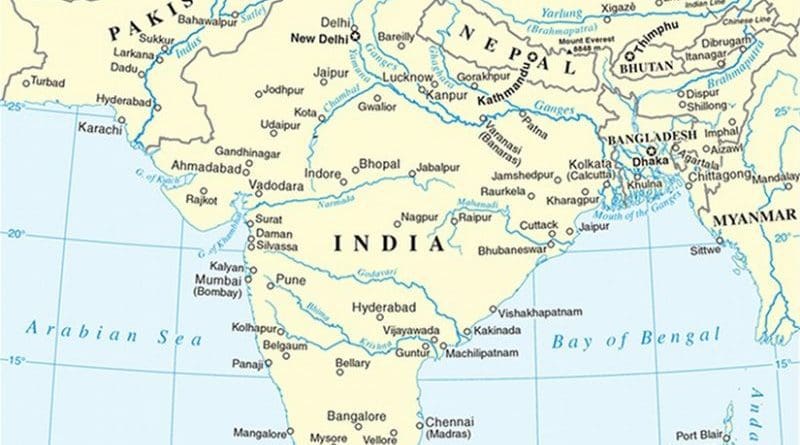Honor Killing: A Grievous Act That Still Exists – OpEd
By Amity Saha
Honour killing is the severe level of Honour Based Violence (HBV). The supposed offender against family ‘honour’ is killed to restore the ‘honour’ which has purportedly been lost through her behaviour. So, to regain the honour of the family an ‘honour’ killing is the most extreme form of violence which may be expressed as a final resort.
Nevertheless, there are other potential sites of conflict between the individual and the family lesser responses. Those are forcing marriage or other forms of violence which may also be articulated through these types of honour killing occurrences.
Qandeel Baloch, original name Fauzia Azeem, a Pakistani social media star was killed by her brother in recent times. Mohammed Azeem, Baloch’s father had filed a case against his son Waseem Azeem. Another brother who works in the army has also been accused. He has seemingly given inducement his sibling to carry out the killing. It is reported charged brother used to live outside of their family and just came to visit them.
On a last Facebook page status of 4th July, Ms Baloch wrote that she wanted to “change the typical orthodox mindset of people who don’t wanna come out of their shells of false beliefs and old practices.” After Baloch’s death by typical honour killing way, Pakistan is facing great outrages by general mass against heinous honour killing.
According to the United Nations Population Fund, in the year of 2000 almost 5000 killings took place in the world. Although these statistics is widely disputed. Because most of the time information of killing do not even come out of the family and localities. Thus the records of ‘honour’ killings as well enactment of Honour Based Violences are presently not identified in exact numbers.
The thought of killing one’s own child appears horrendous in actual sense, no doubt on that. Some people used to define that families may, in fact, be loath to carry out a killing. But they hardened to do such monstrous job under kind of community pressure. Where a family is superficial to have lost ‘honour’ they may suffer harassment and social exclusion. They used to insist on by the extended relatives and community to carry through a murder in order to reinstate their status. Social ties are of great importance in tight-knit communities. Such strain can be ample to force an unwilling parent of killing their girl for the sake of the ‘greater good’ of the family.
While The Middle East and South Asian countries, in general, are known for honour-based violence (HBV); but this has also documented in Eastern Europe and Central Asia. There may be many other countries where such crimes occur, but not yet been identified or quantified. The essential distinction between domestic violence and honour killing is the number of perpetrators and the level of support received from the wider family and community. Whilst a cruel partner in a marriage commits violence as an individual, Honour Based Violence (HBV) is related to the collective familial act in controlling of women’s activities. There used to be a large number of potential perpetrators and the high number of personnel willing to conspire in the honour killing. This exhibits a problem for the law enforcing agencies and the Governments.
There is by and large multiplies potential attackers in various forms; like apart from killer or killers, there used to have the encouragers in various numbers. In the case of the prosecution, there are difficulties in gathering evidence as there are few witnesses to testify.
The fight for women’s rights is a necessary part of true democracy, along with freedom of religion, and freedom of disagreement to others opinion in a good manner. So, the honour killing is precisely one kind of inhumane mechanism that civic people should fight and act according to in every way in this twenty-first century.
*Amity Saha is working as Research Assistant for International Affairs at Bangladesh Institute of Law and International Affairs (BILIA). She can be reached through [email protected].


This is a good writing